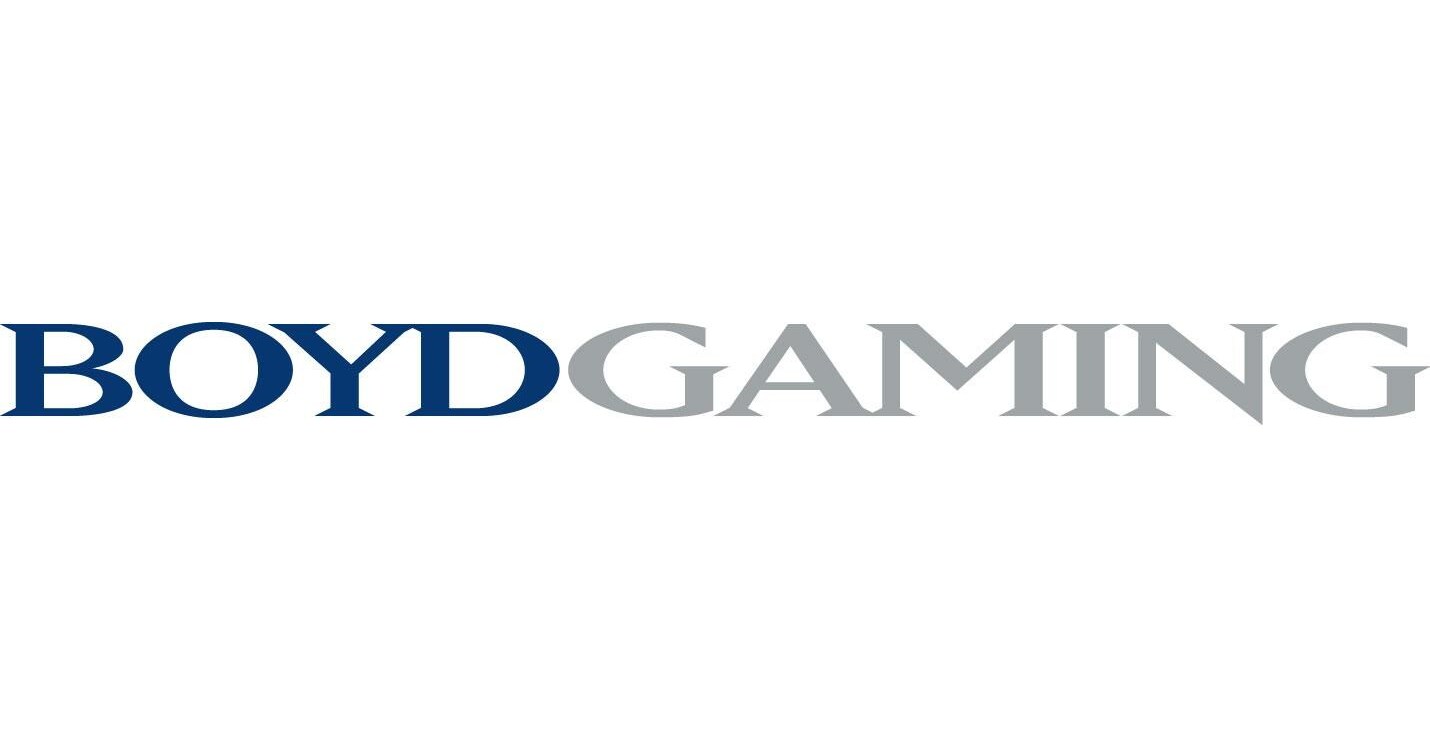Patient falls and infections spiked at hospitals that were taken over by private equity firms according to a new study.
The study, published Tuesday in the Journal of American Medicine, used data from 100 percent Medicare Part A claims and found that three years after hospitals experienced private equity acquisition, there was a 25.4 percent rise in “hospital-acquired conditions, which was driven by falls and central line–associated bloodstream infections.”
“Medicare beneficiaries at private equity hospitals were modestly younger, less likely to have dual eligibility for Medicare and Medicaid, and transferred more to other acute care hospitals relative to control, likely reflecting a lower-risk population of admitted beneficiaries,” the study read.
“This potentially explained a small relative reduction for in-hospital mortality that dissipated by 30 days after hospital discharge.”
Two weeks ago, the Lower Costs, More Transparency Leadership Act passed the House after facing previous opposition in September from Democrats like Rep. Richard Neal (D-Mass.) due to it not having any provisions regarding private equity ownership of health facilities.
The bill also has an aim of banning spread pricing from pharmacy benefit managers, alongside adding site-neutral payment reforms to Medicare.
Rep. Frank Pallone Jr. (D-N.J.) described the legislation as “is a victory for everyone who has ever struggled to navigate and understand the cost of a health care procedure or a prescription drug at the pharmacy counter.”
“These measures will empower consumers and employers with data on the prices hospitals charge and the rates insurers pay so that they can compare prices and save money,” Pallone added.
Copyright 2023 Nexstar Media Inc. All rights reserved. This material may not be published, broadcast, rewritten, or redistributed.







